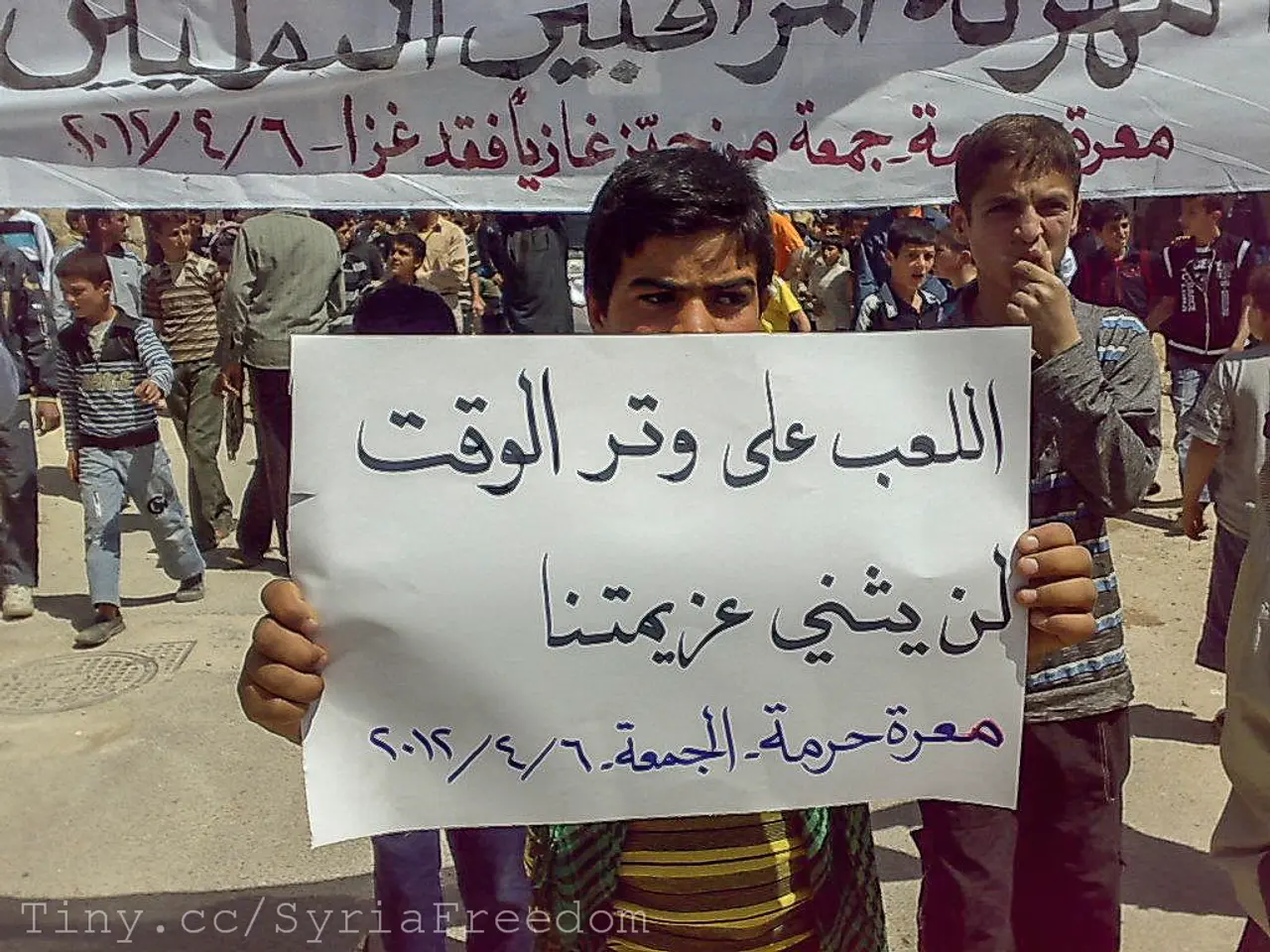Judicial body to examine budget-related petitions
Taiwan's Constitutional Court Faces Quorum Shortage, Affecting Budget-Related Petitions
The Constitutional Court in Taiwan is currently unable to rule on petitions challenging the central government budget due to a quorum shortage caused by partisan deadlock in judicial appointments.
The situation arose after the terms of seven justices expired in October 2024, and the legislature, controlled by opposition parties KMT and TPP, refused to confirm any new nominees proposed by the DPP-led executive. This has left only eight of the 15 justices on the bench, falling short of the required 10 for adjudication.
Additionally, a legislative amendment raised the quorum requirement to at least 10 justices and set a higher vote threshold (nine votes) needed to strike down laws, effectively preventing the Court from meeting or ruling on cases without a full complement of justices.
The Constitutional Court has agreed to review separate petitions filed by the Democratic Progressive Party (DPP) and the Executive Yuan challenging the constitutionality of this year's central government budget. The petitions argue that the budget cuts ordered by the opposition-controlled Legislature contravene the principles of legal clarity and separation of powers under the Constitution.
The Control Yuan also filed a budget-related petition in May, arguing that the cuts would impair the functions of several agencies, including the Presidential Office, the Cabinet, and the Control Yuan.
The Executive Yuan is also a petitioner in the case. President William Lai signed the budget into law in late March. The cuts in the central government budget have undergone NT$207.6 billion in cuts.
The Constitutional Court Director-General Yang Hao-ching stated that it would be up to the justices to decide whether to consolidate the two petitions with another budget-related case filed by the Control Yuan. However, Yang declined to comment on the progress of the cases that the justices have agreed to review.
The Judicial Yuan, the nation's top judicial body, which oversees the Constitutional Court, confirmed the review but provided no further details. The court is unable to rule due to the quorum shortage, with its ability to issue a ruling remaining uncertain.
Lawmakers asked the executive branch to determine which of the NT$63.6 billion worth of operations would be affected by the cuts. Opposition lawmakers have repeatedly blocked nominees to fill seven vacant seats on the Constitutional Court, hindering its ability to meet the quorum.
The Constitutional Court has not issued any rulings since amendments to the Constitutional Court Procedure Act were passed and signed into law in December last year and January, introducing the 10-member quorum requirement. The petitions were filed in May, arguing that the budget cuts reflect the legislature's failure to duly deliberate the budget.
In sum, the combination of the refusal to confirm justices appointed by the executive and the raised quorum requirement enacted by the legislature has created a judicial deadlock, making it impossible for the Constitutional Court to rule on budget-related petitions or other constitutional challenges in Taiwan at this time.
The political deadlock over judicial appointments in Taiwan's legislature has led to a quorum shortage at the Constitutional Court, preventing it from ruling on policy-and-legislation matters such as budget-related petitions and general news stories covering this judicial impasse. The amended Constitutional Court Procedure Act, which increased the quorum requirement, further complicates the situation and exacerbates the already existing standoff, ultimately affecting the Court's functioning and ability to issue rulings on constitutional challenges.








